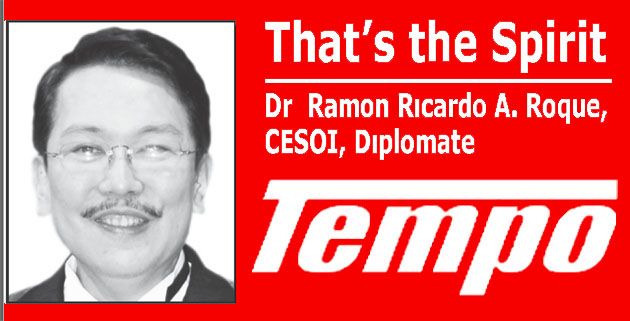By Dr. Ramon Ricardo A. Roque, CESOI, Diplomate
Will the current Administration finally deliver on President Rodrigo Duterte’s campaign promise of ending the “endo” (end of contract) practice in the country?
There seems to be a confusion on what the real issue is – did President Duterte promise to end the practice of “endo” or contractualization?
President Duterte cannot end contractual employment in the labor sector without a law passed by the Philippine Congress amending the applicable provisions of the labor code that explicitly allows the same in certain cases.
It should be clear that President Duterte promised to end the “endo” practice which is essentially a violation of existing labor laws.
The “endo” practice is basically a way for employers to deprive laborers benefits that are provided by law for those who have permanent appointments. Given the legal provision for a six-month period of probationary employment when employers assess the worthiness of employees for permanent appointment, it has been the illegal practice of some employers to engage the services of employees only for five months effectively declaring that the concerned employees are not qualified for permanent employment.
Ending the “endo” practice is essentially a matter of enforcing existing labor laws, which specifically prohibit the same.
The government has to admit that the “endo” practice has evolved as the employment norm in many sectors, particularly in retail trade, because the enforcers of labor laws, particularly the Department of Labor and Employment (DoLE), continues to fail in enforcing provisions of labor laws that prohibit such practice.
The delay in the signing of the Executive Order that is supposed to direct the Executive Department’s actions in ending the “endo” practice and provide clearer guidelines for the private business organizations and groups as well as for those in the labor sector, gave a negative signal on the resolve of the current Administration in fulfilling the President’s campaign promise.
Such delay should not really be an issue. Even without such an Executive Order, DoLE can show its resolve in ending the “endo” practice in our country by simply enforcing our laws.
The action of the government, through DoLE, is the more essential pro-labor action expected from the government than the signing and release of the Executive Order.
At the end of the day, the Order will not end “endo” if DoLE continues to fail in enforcing it as well as other concerned provisions of our labor laws. The subject Executive Order will just be an additional unenforced statute.
(To be continued)

